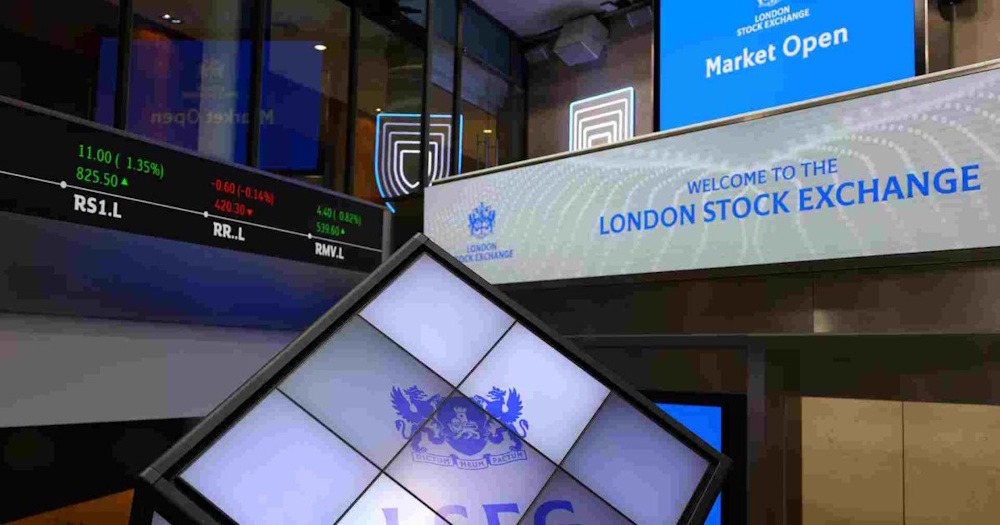
FTSE edged higher on Friday, buoyed by increases in travel and leisure shares, as investors remained largely unfazed by new tariff threats from U.S. President Donald Trump. The benchmark FTSE 100 gained 0.38% at 0926 and is on track for a slight weekly gain.
Trade tensions resurfaced after Trump on Thursday unveiled a fresh round of punishing tariffs on a broad range of imported goods, including 100% duties on branded drugs and 25% levies on heavy-duty trucks, set to come into force next week. On Friday, Britain announced that it was in discussions with Washington regarding the pharmaceutical measures, with hopes for a positive resolution. European healthcare stocks remained unchanged after previously declining by as much as 0.8%. But British pharma and biotech sub-index rose 0.3%. Where as –
- Travel and leisure stocks rose 1.1%.
- Oil and gas sub-index rose modestly, tracking gains in oil prices.
- InterContinental Hotels Group’s 2.9% gain after JPMorgan double
upgraded it to “overweight” from “underweight”. - IHG achieved the highest percentage increase on the FTSE 100.
- The mid-cap FTSE 250 rose 0.06% and was also on track for a weekly gain.
- Premier Inn-owner Whitbread gained 1.1%, while JD Wetherspoon rose 1%.
- Heavyweight Shell opens new tab was up 1%, boosting the FTSE 100.
“AstraZeneca could be better positioned than some of its European competitors, thanks to the anticipated additional investment in the U.S.,” stated Kathleen Brooks, also emphasizing Trump’s commitment to approach the UK differently regarding these tariffs. “The FTSE 100 might serve as a relative ‘safe haven’ amid the current tariff turmoil.” Among individual stocks, British engineering firm Babcock rose 1.7% after brokerage Berenberg raised its target price on the stock. Later in the day, attention will shift to an important inflation reading in the U.S. that may provide insights into the Federal Reserve’s upcoming policy direction. Markets had been anticipating significant interest rate cuts by the Fed this year; however, robust U.S. economic data have resulted in a slight reduction in optimism.
